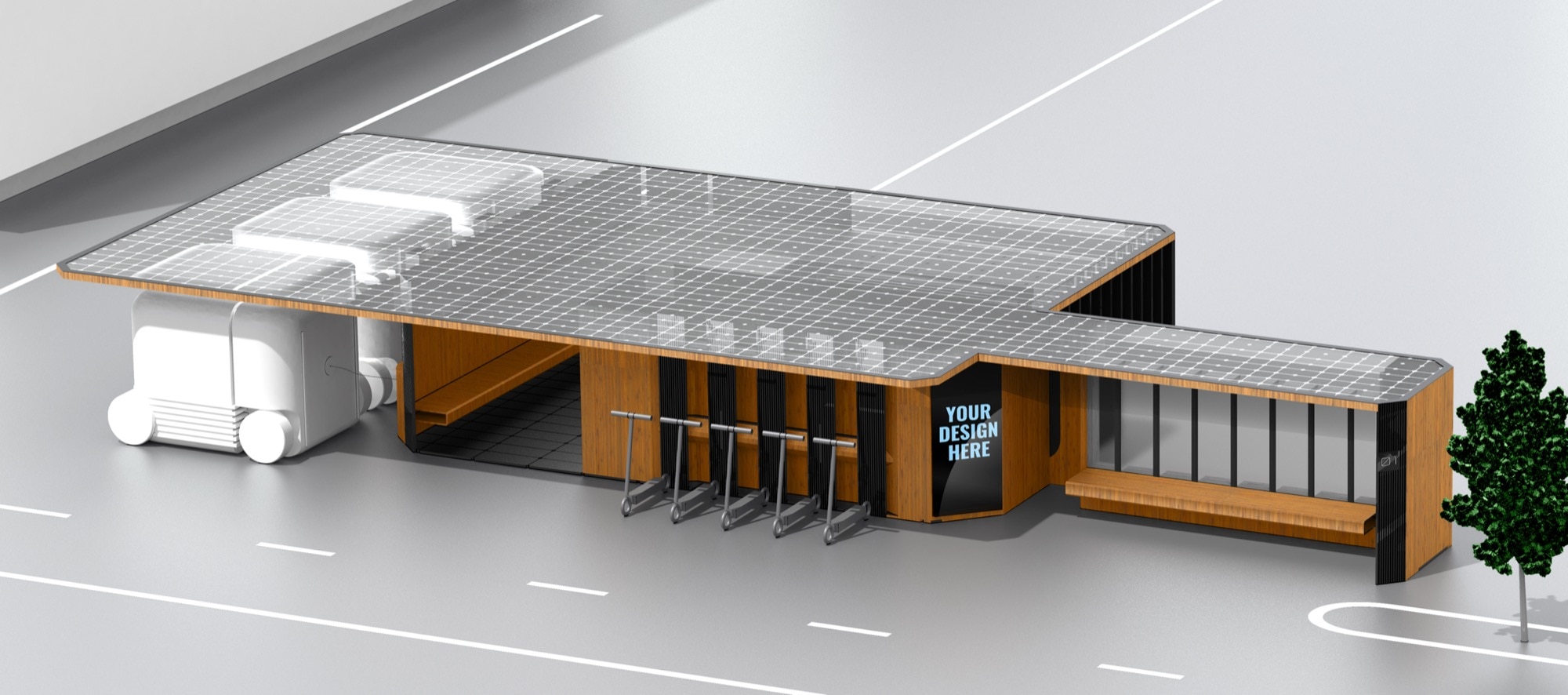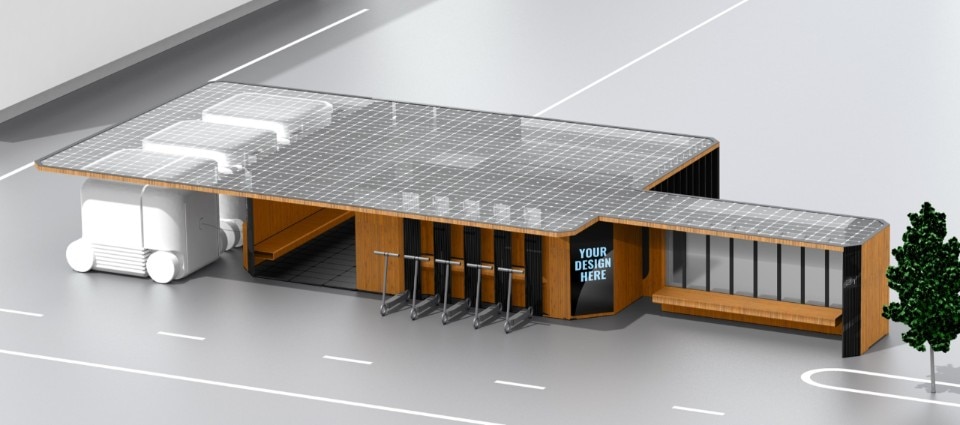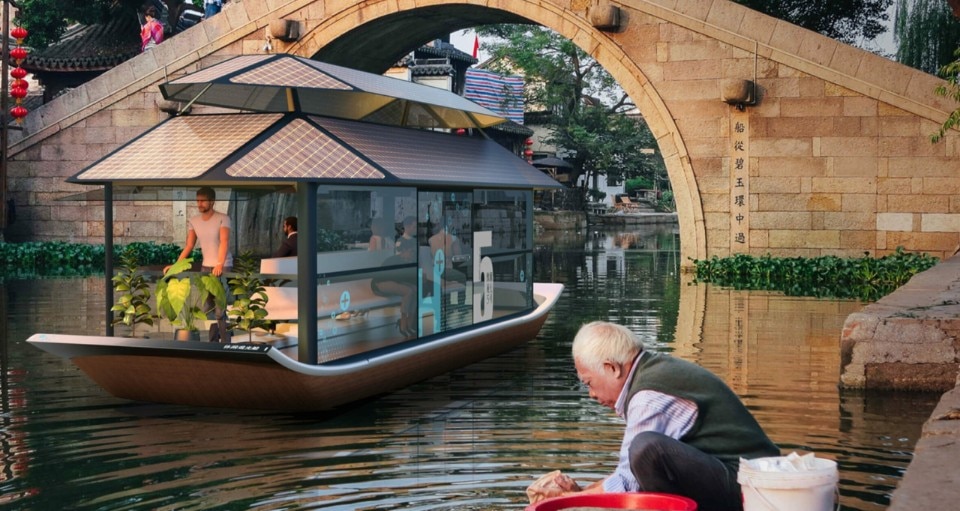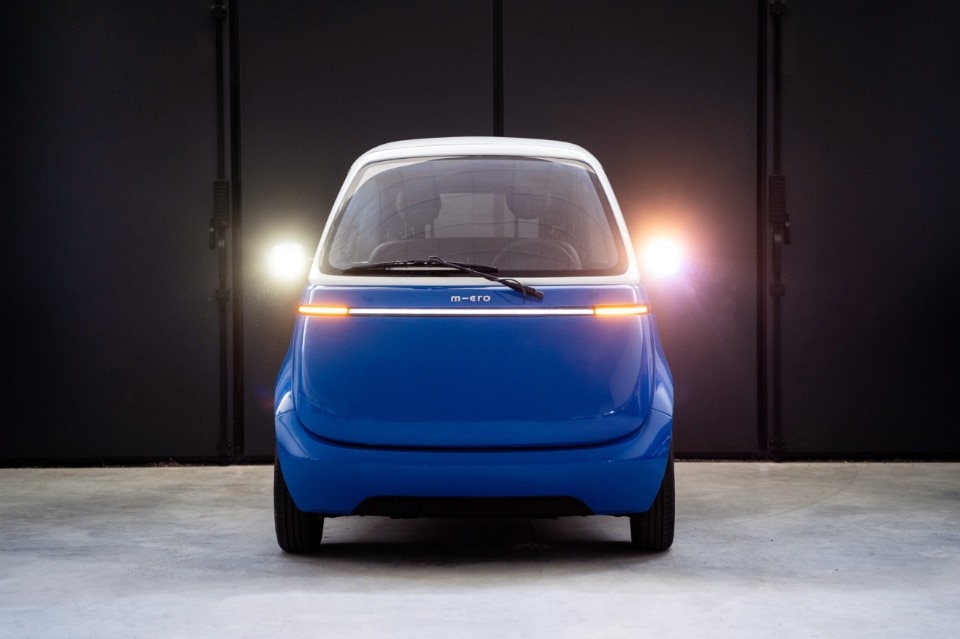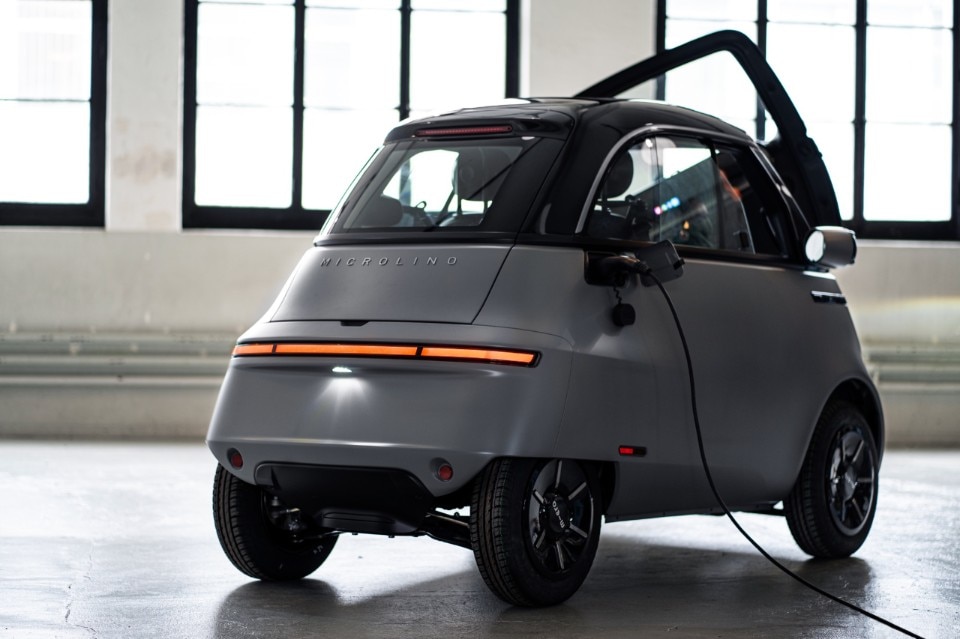Icona Design Group is a design studio that has made technological and innovation design its trademark. Born from an intuition of a growing demand for Italian car design in China, the company has now expanded across five offices in Shanghai, Turin, Tokyo, Dubai and Los Angeles. Before founding Icona Design, CEO and Chairman Teresio Gigi Gaudio was CEO of Aprilia, FIAMM and Stile Bertone. Today, his scale-up no longer focuses on automotive only. His projects range from self-driving cars to smart cities, urban mobility and industrial robots.
“Today, designing mobility and smart cities means putting people at the centre,” Gaudio explains, calling from Turin. “In the future, everyone should be free to choose the type of mobility they prefer for their journeys. We can use the Hyperloop to get from A to B, and when we get there, we can choose between light mobility, car sharing and electric public transport.”
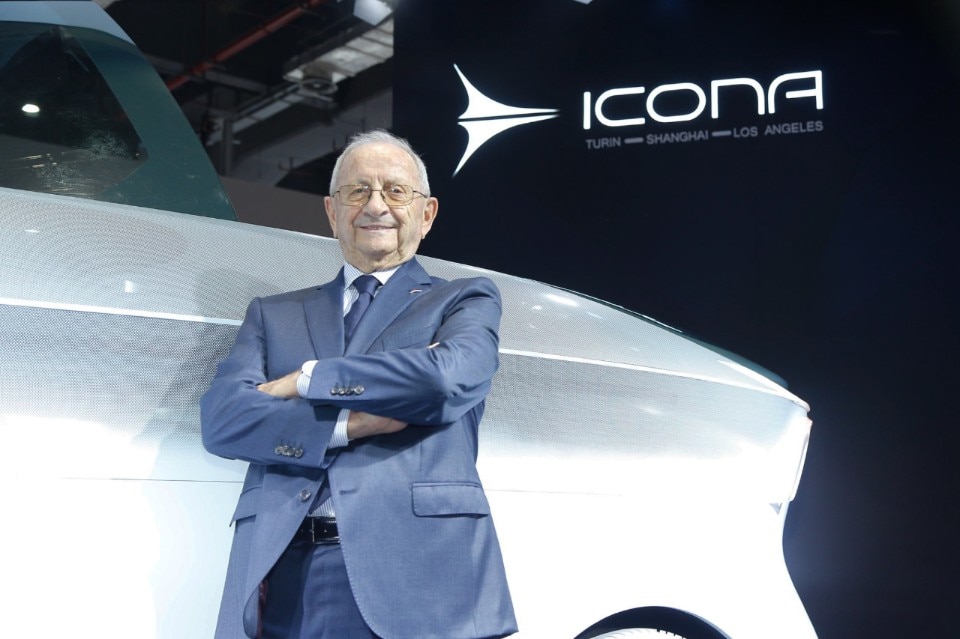
It is the idea of a planning process that puts humanity at the centre. If smart cities are to make sense as a vision of the urban future, they have to be thought of as more liveable cities, Gaudio explains. The surrounding conditions contribute to this too, not only mobility, but also domotics, new technologies and industrial systems. “It is an unprecedented multidisciplinary design work.”
It is the idea of a planning process that puts humanity at the centre. If smart cities are to make sense as a vision of the urban future, they have to be thought of as more liveable cities, Gaudio explains. The surrounding conditions contribute to this too, not only mobility, but also domotics, new technologies and industrial systems. “It is an unprecedented multidisciplinary design work.”
Design must help technology to create emotion, to get closer to people.
“It was immediately clear we had to use all the technologies we have today to make the travel experience as pleasant as possible. It is all about materials, colours, and then technologies that have to be integrated with all these aspects in mind,” Icona Design’s CEO says. “The cabin of the Hyperloop is a cramped space. We needed a design that could focus on human needs as well. After all, goods do not think, they do not have a psychology to consider. People are a bit more complicated, and they always think a lot before relying on an object they have no control over. It is a key problem in the self-driving car, but it also affects a train going a 1000 km/h underground. The travel experience has to be as painless as possible.”
Gaudio’s vision clearly outlines the role of the designer in an ultra-technological world: to help technology discover and realise beauty. This vision is reflected in Icona Design’s working method too. “Design must help technology to create emotion, to get closer to people,” he says. “It is a Leonardesque approach. There is a rational aspect, which for us means talking to the costumers, understanding what they need, often helping them to understand and define what they really want. Then there is a research and comparison phase. Here we always draw a lot from neighbouring sectors, not necessarily all the ideas come from the specific sector we operate in. Finally, there is the creative and realisation phase. We reach the final goal and thanks to this process we manage to create emotion through the product.”
This approach is not limited to the most futuristic technologies only, but also involves production. Among many other things, Icona Design is involved in redesigning and rethinking industrial robots as well. Here, too, the principle is the same. “We have to give technology, including machine tools, a user-friendly design,” he says. “Today’s machines are at best designed ten years ago. They have not caught the Artificial Intelligence or connectivity trend yet, which allows machines to be connected to each other. Today we have to equip them with sensors that monitor everything, that know when the machine is about to break down.”
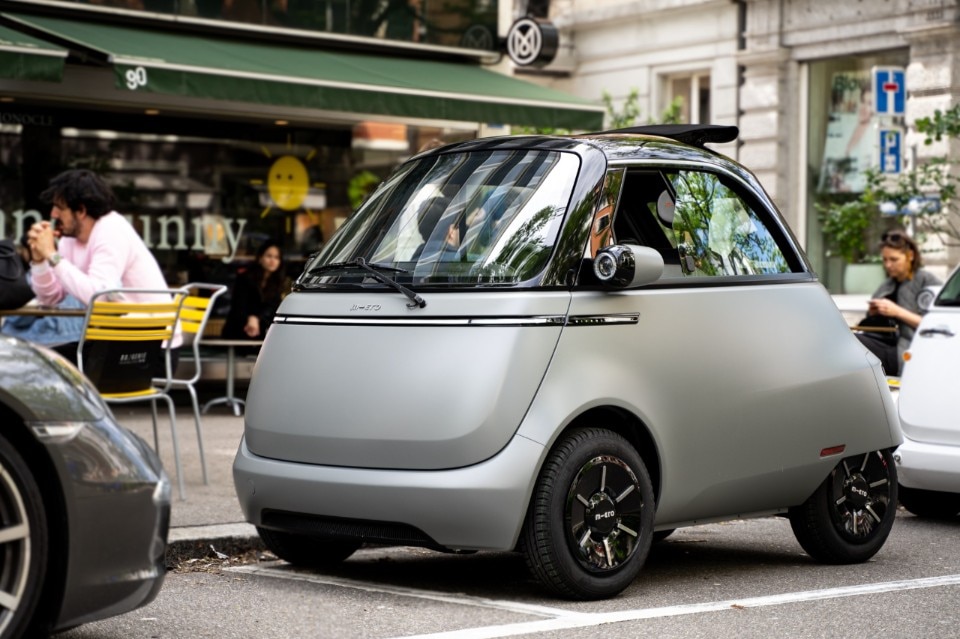
It is a vision that has material basis in the market research and the potential of this specific application of design. “The concept is: we are at an epochal turning point. There is investment, there is a need to digitalise, there are plans such as the NRRP,” Gaudio adds. “Whoever makes these machines has to re-engineer them as well. So why not make them better looking too? Easier to use, more attractive colours. Not grey and full of edges, which make you nervous just looking at them. Manufacturing companies are understanding this need, and we are helping them to reach it.”
Today, Icona Design’s costumers come from all over the world, but the company’s ties with China remain strong. After all, the company was born from an intuition of a growing demand in the Chinese market. After Deng Xiaoping opened up to the West at the end of the 1970s, 50:50 joint ventures with Western brands were set up in the automotive sector.
We are a people-centric company and have no fixed assets, our assets are people.
In the following decades, manufacturers brought models they had developed elsewhere to China. “In this sector as in others, China has learned to produce but not to conceive, to manage the design, prototyping and testing phases,” Gaudio explains. In the early 2000s, the gap was still clear: more and more Chinese manufacturers were coming to Italy to have their cars designed by Pininfarina or Stile Bertone. Icona Design was born precisely to bridge that gap: “instead of forcing Chinese costumers to come to Italy, sometimes with entire delegations, we went to China. It was a gamble, it might not have worked,” Gaudio continues. “Fortunately, it went well. Today we have Chinese design managers who are as good as ours. In addition, there is now a new middle class in China that aspires to more evolved models, knows and appreciates design, and is always looking for beauty. It is no coincidence that we are hiring and developing in many different sectors in China.”
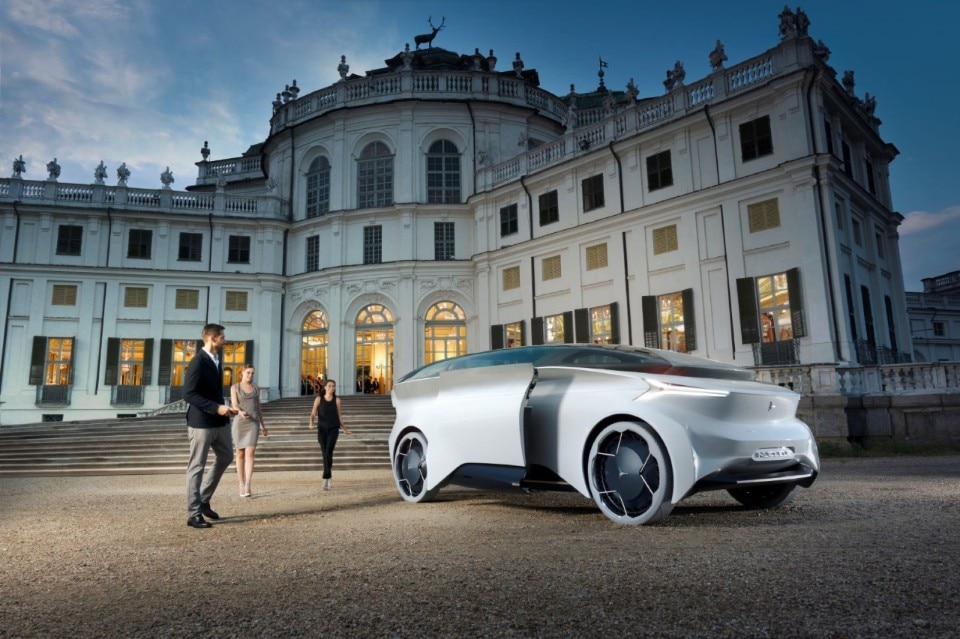
The Chinese market is a key one, but it also brings with it geopolitical risks that cannot be underestimated. But even in this case, Gaudio is optimistic: “we are a people-centric company and have no fixed assets, our assets are people.” The risk is therefore lower than for manufacturing companies. And the globalisation of ideas and innovation, according to Icona’s founder, does not stop even in the face of differences between the USA and China. “We are based in California, because there is an important innovation hub there. Maybe ideas are born there, but then they are immediately picked up elsewhere. Right now, the most important market in this sense is China. From this point of view the USA and China are complementary, and the world is already a global village. There are no borders or geopolitical limits that matter.”
In between is Turin, the centre of car design and production in Italy, except for a few brands. “Milan has its importance too. I lived and worked there for many years,” Gaudio concludes. “Turin is a strange city: we have all the expertise we need, but they are concentrated in medium-sized and medium-small companies that inevitably do not talk to each other. Complex projects in the field of smart mobility and smart cities are multidisciplinary, and no one is an expert. No company can tackle these projects without allying itself with those who have complementary skills. This is the real problem in Italy: the average Italian is individualistic, while the challenges of innovation require the clustering of multiple expertise converging around concrete projects.”
Opening image: Raftinity. Courtesy © ICONA Design Group s.r.l.


